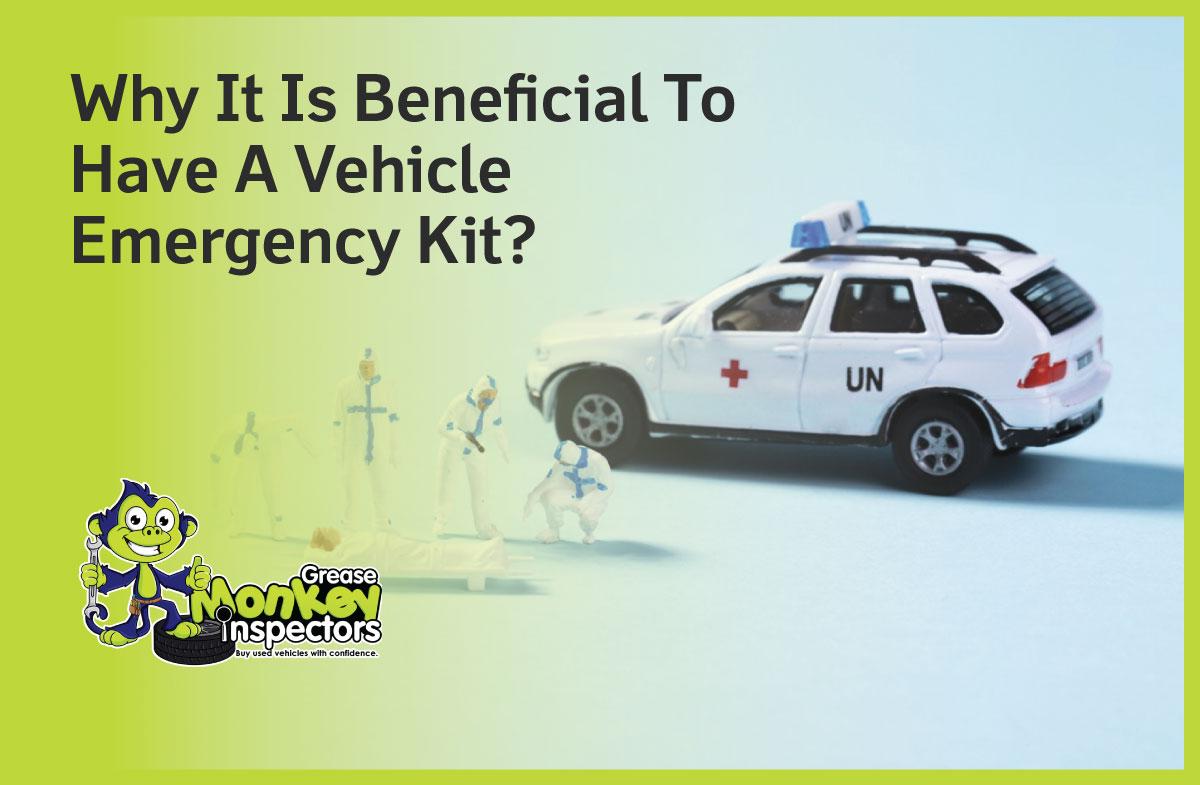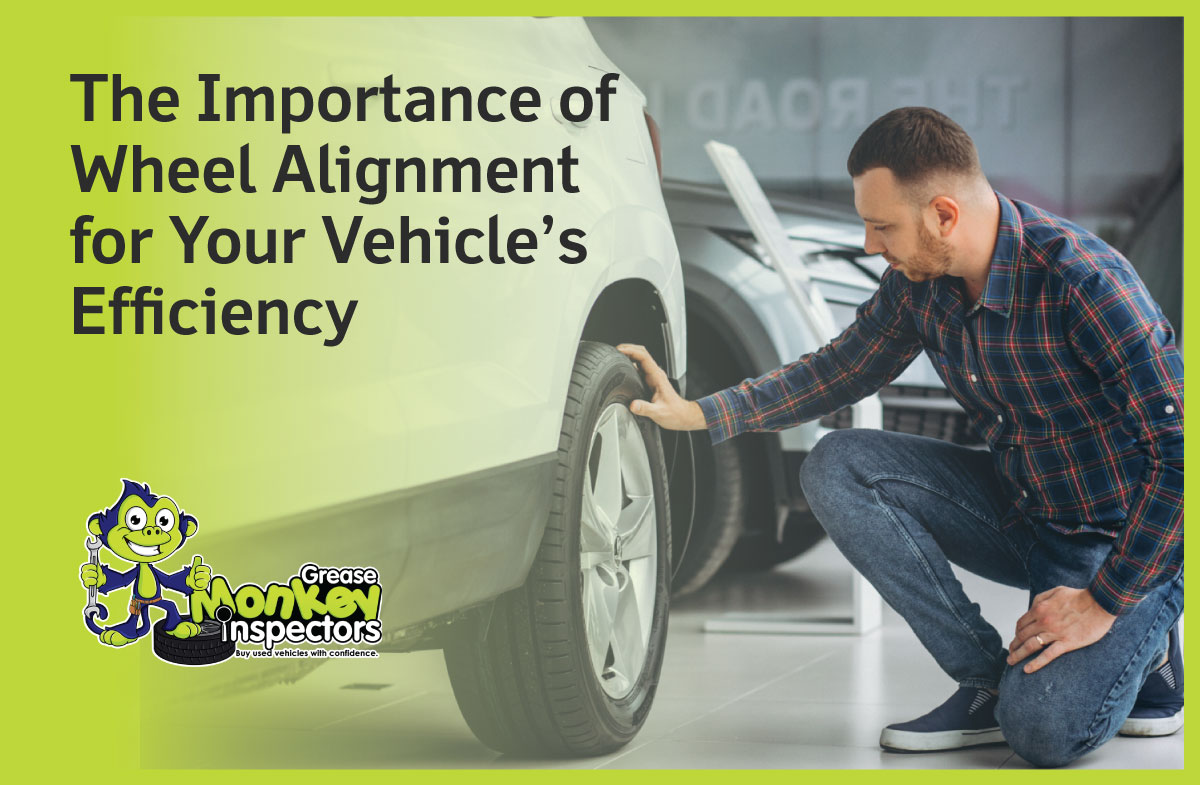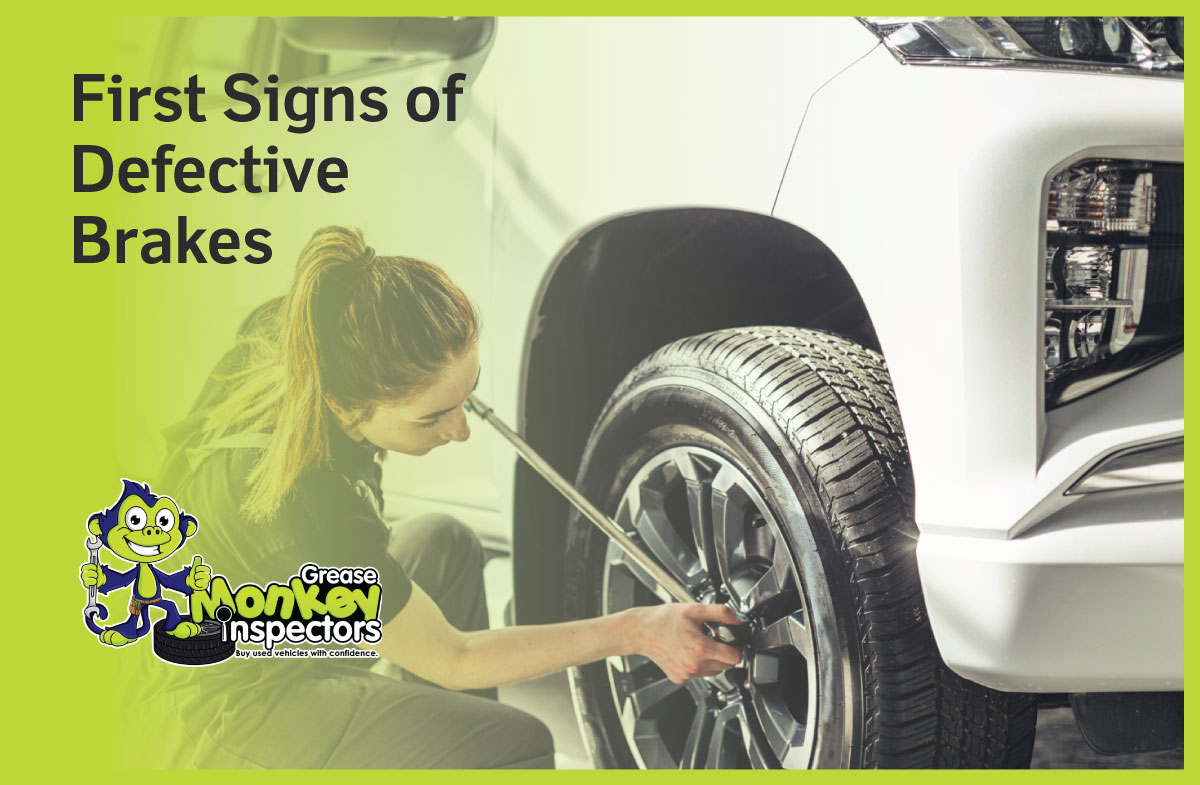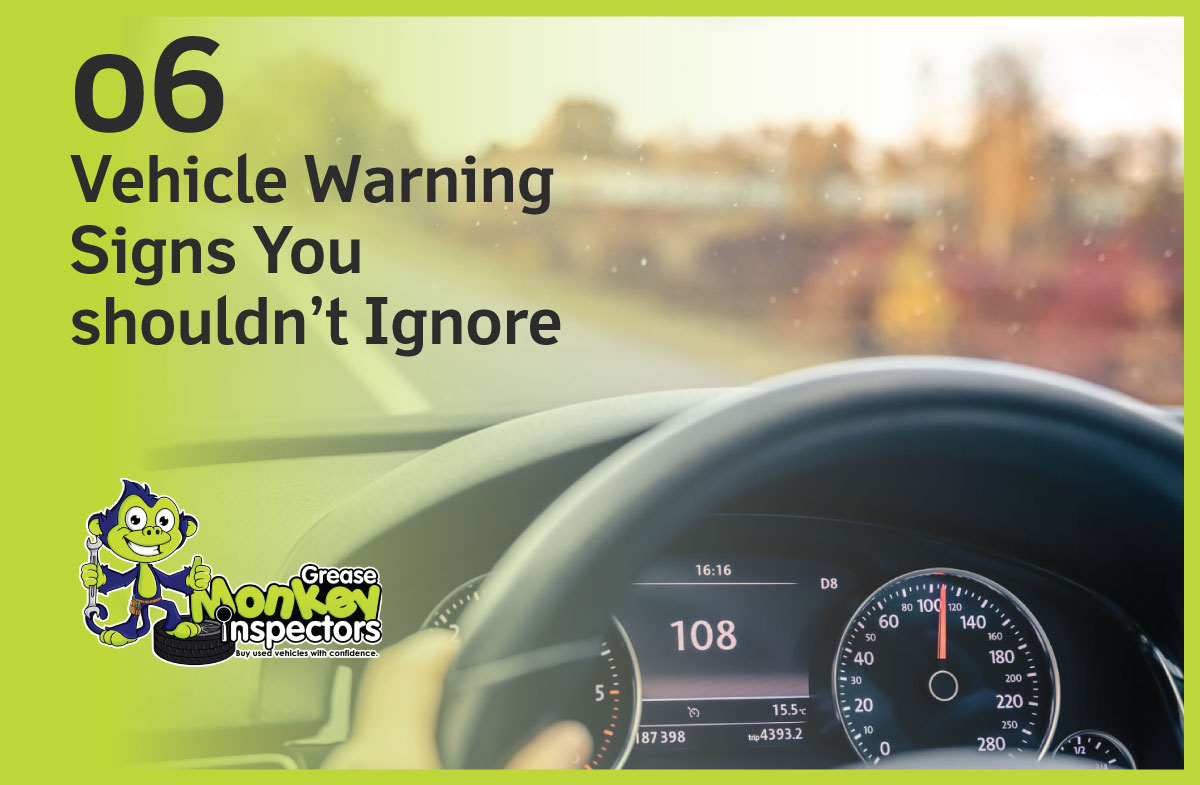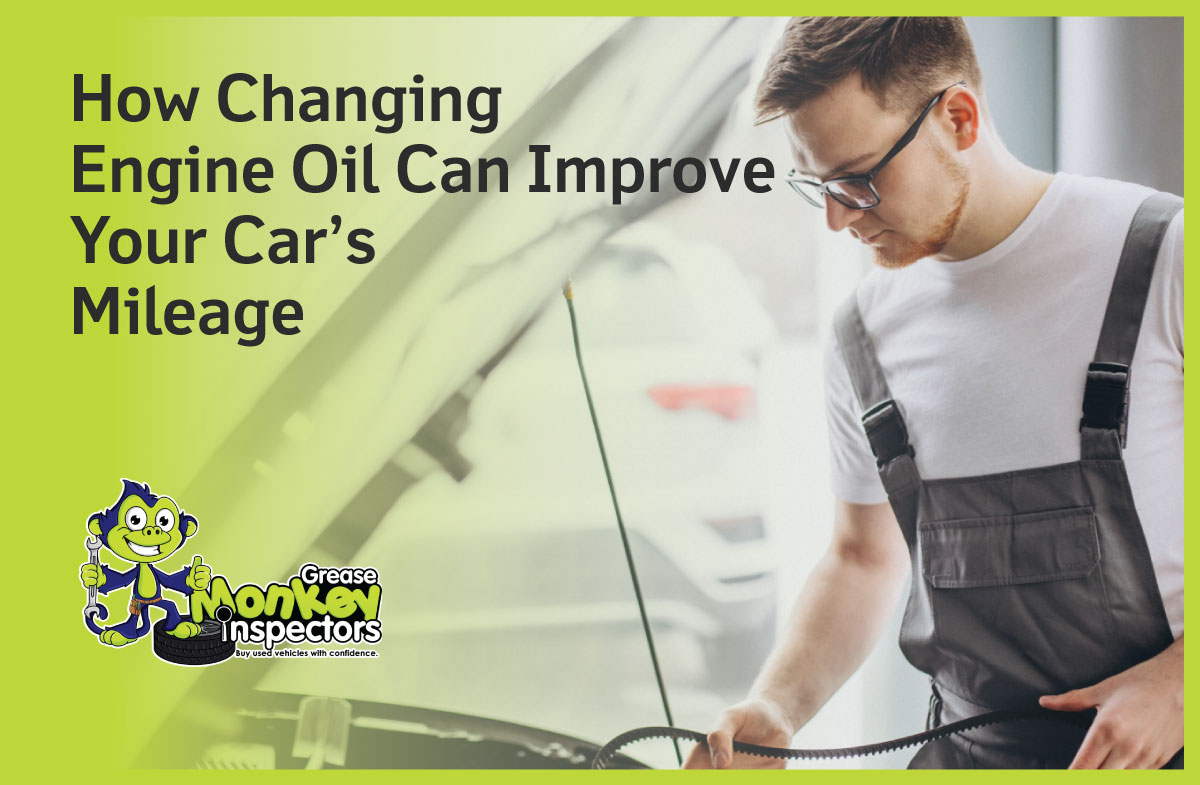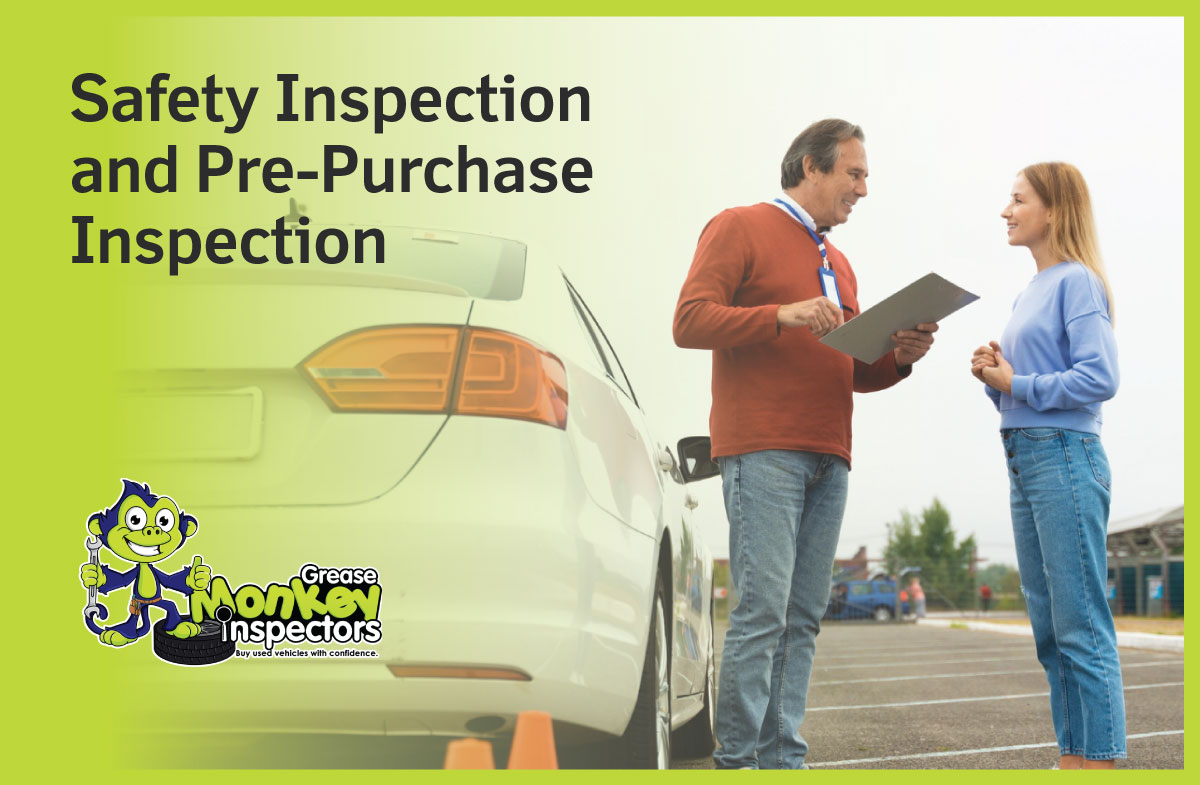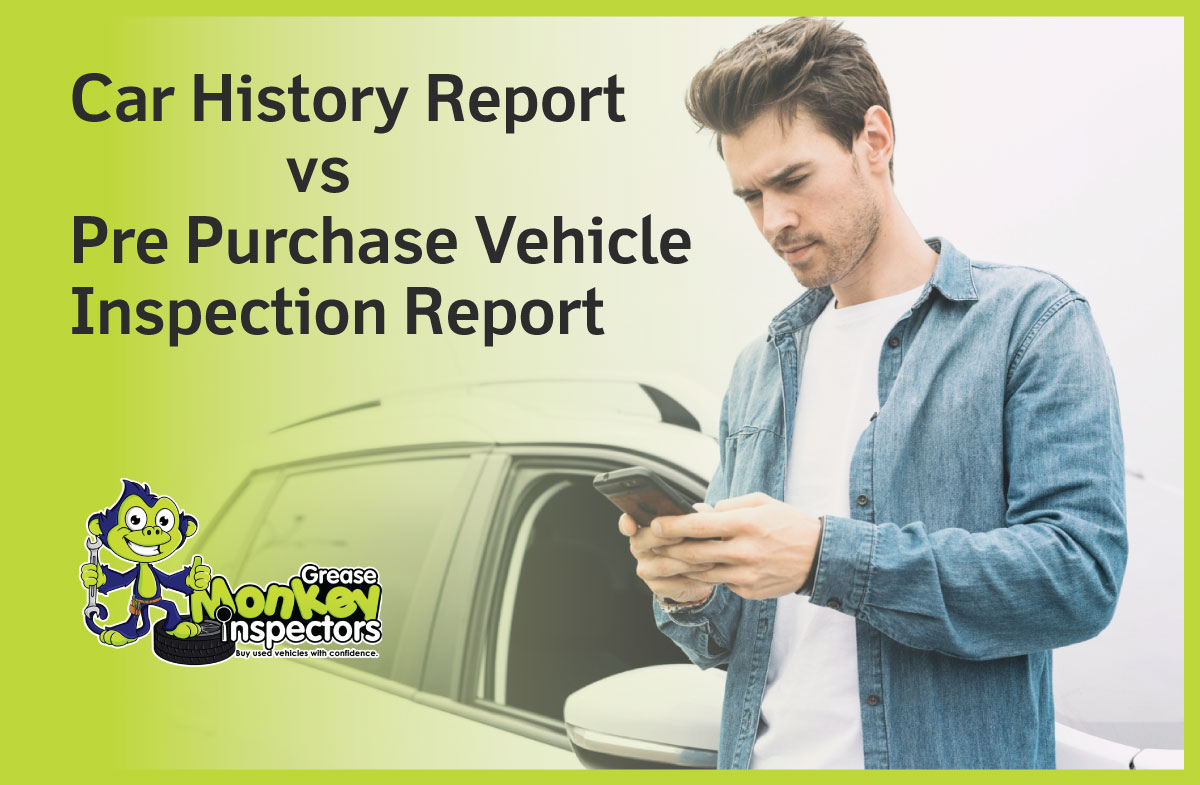Each vehicle comes with its own servicing schedule, usually found in the manual package. We at Greasemonkey Inspectors recommend following this service schedule to keep your vehicle running optimally and to prolong its life. Car service packages can vary greatly depending on the make, model, year, and kilometres driven.
Regular Car Service in Ontario
For most vehicles, regular car services in Ontario typically include:
- Oil and filter change
- Inspection and top-up of fluids
- Visual inspection of the front/rear-wheel drive system, steering system, suspension, universal joints, and boots
- Detection of any leaks
- Tire inspection
- Visual inspection of lights, windshield wipers, and horn
Additional Maintenance Services
Depending on the kilometres and age of your vehicle, other regular car maintenance packages can include:
- Wheel alignment
- Wheel rotation and balance
- Brake system check
- Timing belt replacement
- Spark plug replacement
- Ignition cable replacement
- Hose and belt replacements
Understanding Car Service
A regular car service package checks the condition of your car to assess general wear and tear, fluid levels, brakes, engine, and more. At Greasemonkey Inspectors, we recommend a service every 5,000 KM to ensure your vehicle is running smoothly and safely.
Why Regular Car Service is Important
Much like a check-up at the doctor, a car service helps maintain the health of your vehicle. Identifying small issues early on prevents extensive problems in the long run, saving you from costly repairs.
Not only do you save on bigger repairs or replacements, but you also save on fuel. A well-maintained car with its engine and other components running effectively tends to be more fuel-efficient. Furthermore, a car that’s been well maintained is proven to have a longer lifespan, saving you from needing to replace your vehicle prematurely.
Should You Service Your Own Vehicle?
Today’s cars include advanced computerized systems. Most professional car services in Canada have specialized tools and equipment to detect underlying problems and identify potential issues before they become bigger matters.
While you can certainly perform a visual inspection of your vehicle to ensure some components are running well, you risk overlooking problems that can only be diagnosed by an experienced mechanic.
When it comes to your safety on the road and the lifespan of your vehicle, it’s worth scheduling a regular car service package with an expert.
For more information about our services, contact Greasemonkey Inspectors. To explore our comprehensive inspection packages, check out our Inspections Packages.


